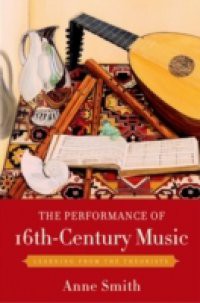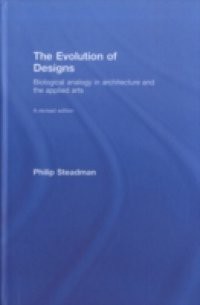Most modern performers, trained on the performance practices of the Classical and Romantic periods, come to the music of the Renaissance with well-honed but anachronistic ideas. Fundamental differences between 16th-century repertoire and that of later epochs thus tend to be overlooked-yet it is just these differences which can make a performance truly stunning. The Performance of 16th-Century Music will enable the performer to better understand this music and advance their technical and expressive abilities. Early music specialist Anne Smith outlines several major areas of technical knowledge and skill needed to perform the music of this period. She takes readers through the significance of part-book notation; solmization; rhythmic flexibility; and elements of structure in relation to rhetoric of the time; while familiarizing them with contemporary criteria and standards of excellence for performance. Through The Performance of 16th-Century Music, todays musicians will gain fundamental insight into how 16th-century polyphony functions, and the tools necessary to perform this repertoire to its fullest, most glorious potential.





 7.14 (14)
7.14 (14) 












